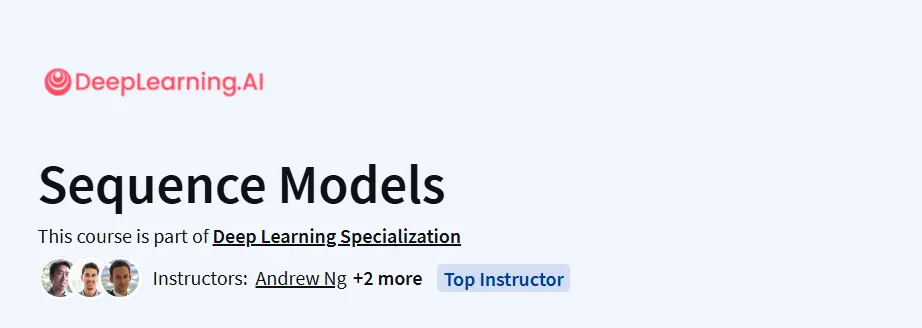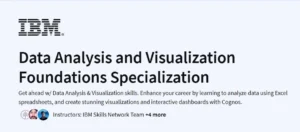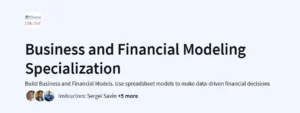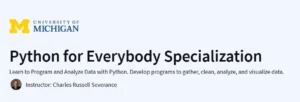What you will learn in Sequence Models Course
Build and train Recurrent Neural Networks (RNNs) and their variants such as Long Short-Term Memory (LSTM) and Gated Recurrent Unit (GRU).
Apply RNNs to character-level language modeling and sequence generation tasks.
Understand and implement word embeddings for natural language processing (NLP) applications.
Utilize Hugging Face tokenizers and transformer models to perform tasks like Named Entity Recognition (NER) and Question Answering.
Program Overview
Recurrent Neural Networks
⏱️11 hours
- Introduction to RNNs and their architectures, including LSTMs and GRUs.
- Understanding backpropagation through time and addressing vanishing gradients.
Natural Language Processing & Word Embeddings
⏱️9 hours
- Learning about word embeddings and their role in NLP.
- Implementing word2vec and GloVe models.
Sequence Models & Attention Mechanism
⏱️ 9 hours
- Exploring sequence-to-sequence models and the attention mechanism.
- Applying these models to machine translation tasks.
Transformer Models & Hugging Face
⏱️ 8 hours
- Understanding transformer architectures and their advantages over RNNs.
- Utilizing Hugging Face libraries for advanced NLP tasks.
Get certificate
Job Outlook
Proficiency in sequence models is essential for roles such as NLP Engineer, Machine Learning Engineer, and Data Scientist.
Skills acquired in this course are applicable across various industries, including technology, healthcare, finance, and more.
Completing this course can enhance your qualifications for positions that require expertise in deep learning and NLP.
Specification: Sequence Models
|
FAQs
- Recurrent Neural Networks: Build and train models like GRUs, LSTMs, bidirectional and deep RNNs.
- Word Embeddings & NLP: Learn embeddings like Word2Vec, GloVe, and apply them in NLP tasks.
- Attention & Seq2Seq: Explore attention mechanisms, beam search, sequence generation, BLEU scoring, and speech recognition.
- Transformer Networks: Understand transformer architectures, including hands-on application using libraries like Hugging Face.
Strengths:
- Excellent learner rating of 4.8/5 from over 30,000 reviews—praised especially for its clarity and instructor expertise.
- Covers cutting-edge topics with practical coding assignments.
Limitations:
- Ideal for machine learning engineers, NLP developers, or data scientists looking to advance their sequence modeling expertise.
- Equips you with essential skills for roles like NLP Engineer, ML Engineer, or Data Scientist in industries leveraging deep learning.
- Completing the course earns a shareable Coursera certificate, enhancing your professional profile. Ideal for machine learning engineers, NLP developers, or data scientists looking to advance their sequence modeling expertise.
- Equips you with essential skills for roles like NLP Engineer, ML Engineer, or Data Scientist in industries leveraging deep learning.
- Completing the course earns a shareable Coursera certificate, enhancing your professional profile.





